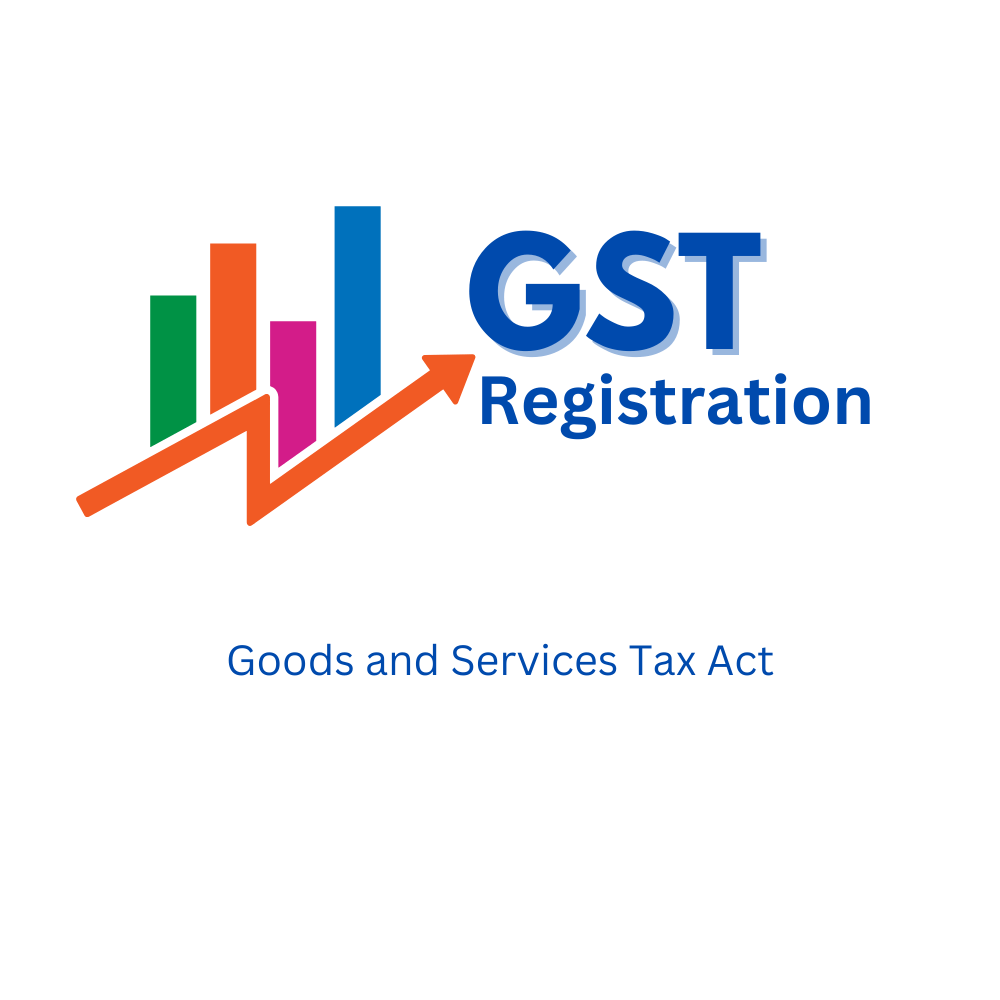Why Businesses Prefer the Best GST Registration Services in Singapore
Why Businesses Prefer the Best GST Registration Services in Singapore
Blog Article
Throughout: The Ultimate Roadmap to GST Registration for Organizations Looking For Financial Stability
Navigating the intricacies of Goods and Provider Tax (GST) enrollment is an essential step for organizations pursuing financial security. From comprehending the essential concepts of GST to abiding by post-registration standards, the process can appear intimidating initially look. Damaging down the roadmap right into convenient steps can streamline the enrollment trip for businesses looking to boost their monetary standing. Let's discover the crucial elements that compose this best roadmap and uncover just how each stage adds to laying a solid foundation for financial success.
Understanding GST Essentials
Looking into the basic concepts of Item and Solutions Tax Obligation (GST) is necessary for getting an extensive understanding of its implications on organizations and the economic climate. GST is a value-added tax obligation imposed on many products and solutions for residential usage. It has actually changed several indirect tax obligations that existed in the pre-GST era, simplifying the tax framework and improving simplicity of doing service in India. Under the GST system, both services and products are tired at a certain price, which is established based upon their category. If their annual turnover surpasses the threshold limitation set by the government, businesses are called for to register for GST. Input Tax Obligation Credit Scores (ITC) is a substantial function of GST, permitting businesses to assert credit scores for tax obligations paid on inputs, lowering the total tax obligation concern. Comprehending the basics of GST is vital for businesses to follow tax laws, manage their financial resources efficiently, and add to the country's economic development by participating in a clear tax system.
Eligibility Requirements for Enrollment
To register for GST, companies must fulfill details eligibility criteria developed by the government. The key eligibility demand is that any organization associated with the supply of items or solutions with a yearly accumulation turnover over the threshold limit set by the authorities must sign up for GST. As of the current regulations, the threshold limit for GST registration is an annual aggregate turn over of 40 lakhs for businesses operating within a state, other than for unique classification states where the restriction is 20 lakhs. Furthermore, specific services are required to sign up for GST regardless of their turn over, such as interstate providers, informal taxable individuals, and organizations reliant pay tax under the reverse charge mechanism. It is crucial for companies to extensively analyze their turn over and deal kinds to establish their GST enrollment obligations accurately. Failing to register for GST when eligible can cause penalties and legal consequences, making it necessary for services to stick to the defined eligibility standards.
Files Required for Registration
Having actually fulfilled the eligibility standards for GST registration, services must now ensure they have the requisite documents in location to continue with the enrollment procedure effectively. The papers required for GST registration usually consist of evidence of organization constitution, such as partnership deed, enrollment certification, or consolidation certificate for various kinds of companies. In addition, organizations need to provide documents developing the major area of organization, such as a rental contract or electrical energy expense.
Step-by-Step Registration Process
Starting the GST enrollment procedure involves a collection of structured actions to make certain a certified and smooth enrollment for organizations. The initial step is to check out the GST site and fill in the registration kind with accurate information of the business entity. Following this, the applicant receives a Temporary Recommendation Number (TRN) which is used to return to the application procedure if it's not completed in one go.
Next, all required files as per the list provided by the GST portal need to be submitted. These files usually include evidence of company enrollment, identity and address evidence of promoters, monetary declarations, and business entity's PAN card.

Post-Registration Conformity Guidelines

Verdict
To conclude, organizations looking for monetary security should comprehend the basics of GST, meet eligibility requirements, gather necessary documents, adhere to the detailed registration procedure, and abide by post-registration guidelines - Best GST registration services in Singapore. By adhering to these actions, services can make sure compliance with tax laws and preserve monetary security over time
In addition, specific organizations are required to sign up for GST irrespective of their turnover, such as interstate providers, casual taxed individuals, and services liable to pay tax under the reverse charge device.Having fulfilled the eligibility standards for GST registration, companies go to my blog must currently ensure they have the requisite papers in location to continue with the enrollment process successfully. The files required for GST registration usually include proof of organization constitution, such as partnership act, registration certification, or consolidation certification for different kinds of companies. In addition, companies require to offer files developing the major place of service, such as a rental arrangement or electrical energy bill.Beginning the GST enrollment process includes a series of organized actions to guarantee a smooth and certified registration for organizations.
Report this page